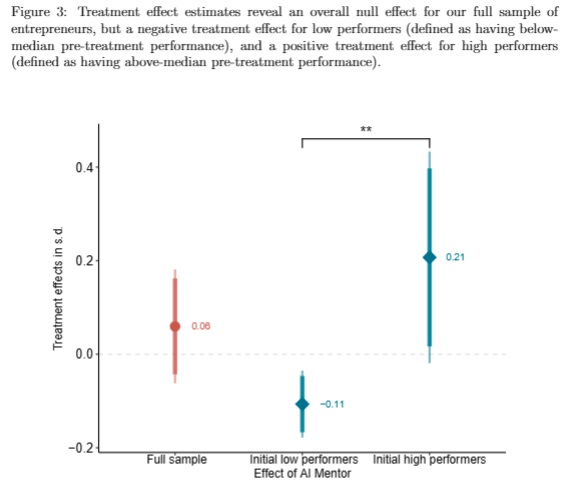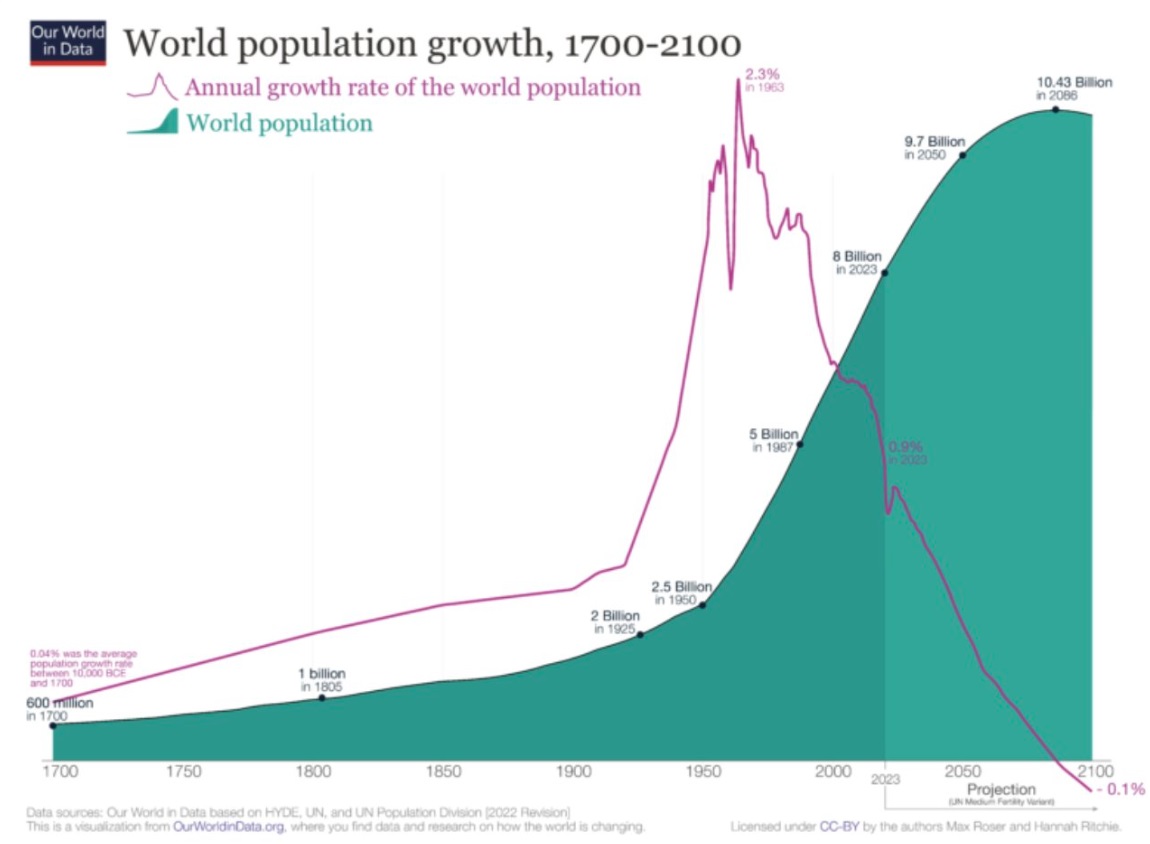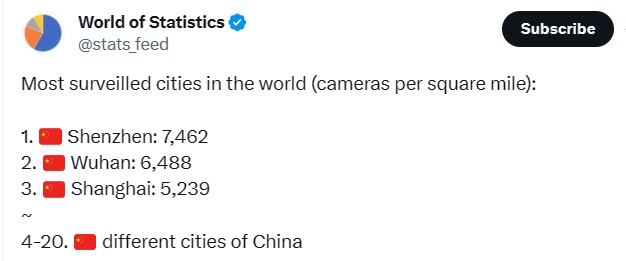As we sorted through our 88-year-old Mom’s stuff at her old house in the great village of Bellingham, Washington (she has moved into assisted living), a text came from our niece across the Pacific in Japan. She and her fiancée held the Japanese version of their wedding yesterday and she sent us some photos from the ceremony, both bride and groom decked to the nines in kimonos. A happy and beautiful couple. What a remarkable world we live in that within seconds we can see such images from across the globe.
But perhaps even more remarkable was that we had just come across our Mom’s wedding memorabilia from 1958. A wedding announcement, photographs, guest list and even some dried flowers. All stashed in a large file folder in a filing cabinet in our Dad’s office (he passed away many years ago). So we took some photos of the nuptial lagniappe and texted them to our niece, her now husband, her sister, our brother and his wife, noting how appropriate we had found these wedding souvenirs even as they had just married over in Japan. The world is more circular than hard edged, rhymes more than it shouts…at least, if you look at it just right. And we look at AI helping and hurting Kenyan entrepreneurs, Japan and the Great Immigration Competition and surveillance in China. It’s this week’s International Need to Know, the happy holidays of international information and data.
The great Mike Williams sent us this video this morning and we can’t think of a better way to wish you a happy new year than through some New Orleans (and Oakland) greats blasting away at last year’s Jazz Fest. Who is this Mumford guy? And where are his sons? We wish you a happy and prosperous 2024
Without further ado, here’s what you need to know.
AI Helps and Hurts Kenyan Entrepreneurs
It’s still early in understanding the impact of AI on our world, especially since the quality and type of AI is constantly evolving. A year ago the new AI revolution took flight with the release of ChatGPT3. Today, we routinely use ChatGPT4 (but not for this story). Nonetheless, intriguing studies illustrate both the potential and limitations of today’s AI. For example, researchers from the Harvard Business School integrated a generative AI mentor into WhatsApp using ChatGPT4. They then ran a “5-month long RCT (randomized controlled trial) in Kenya with 640 Kenyan entrepreneurs, over 4,000 measures of firm performance, and thousands of interactions.” The result was that high performing entrepreneurs saw a 20 percent increase in performance compared to those who received advice from a human mentor. Great! Unfortunately, low performing entrepreneurs actually saw a decline in performance of 10 percent. Er, uh, not so good. The researchers initial analysis of these results suggests that the challenge for low performing entrepreneurs is the kinds of questions they asked the AI mentor. So if we train aspiring entrepreneurs better on how to use AI, they might also see their performance improve.
Japan and the Great Immigration Competition
The stereotypical view of Japan is one of a closed society. No immigrants are welcome. But that is no longer true as Japan Optimist Jesper Kole points out, “There are now approximately 3.2 million non-Japanese residents of Japan, up from barely half a million 30 years ago.” For the last decade Japan has opened up and immigration has been increasing at a rapid rate. In fact, Kole predicts “10 percent of employees will be non-Japanese by 2030.” That’s because Japan’s demographics are some of the worst in the world. The population is shrinking. So Japan has had to open up. Other countries will be doing this too, from South Korea to Italy. Even as backlashes occur against immigrants in various countries, the Great Immigration Competition is coming. The front wave has already begun. It will transform our world in a myriad of ways—it’s already changing Japan.
China Corner: Goodbye CCP
China’s population is also shrinking. It has gotten old before it’s become rich. That’s a problem. So like Japan they are going to need immigrants. But will people want to move there under the current regime? Business people continue to go missing. Industries are cracked down on without warning. There is no free speech. And China is by far the most surveilled country in the world according to Comparitech. The top 20 most surveilled cities in the world (cameras per capita) are all Chinese. The top three are Shenzhen, Wuhan and Shanghai. Comparitech notes that these cameras are often “equipped with face recognition technology.” China’s economy likely grew less then the United States in 2023 (don’t believe the CCP’s official economic data). A slow economy. Very little freedom. That’s a tough sell for immigrants. Ultimately this dynamic will lead to changes in China.
Click here to add your own text




